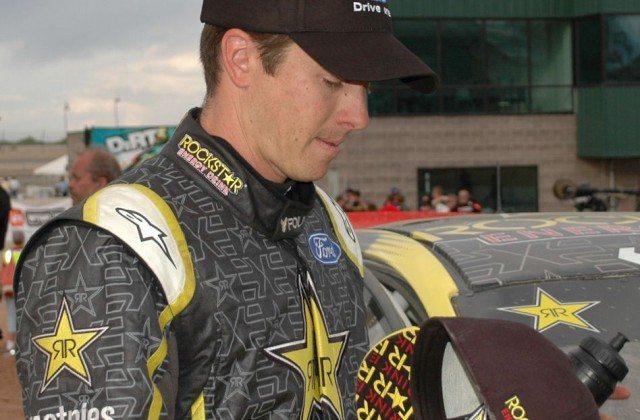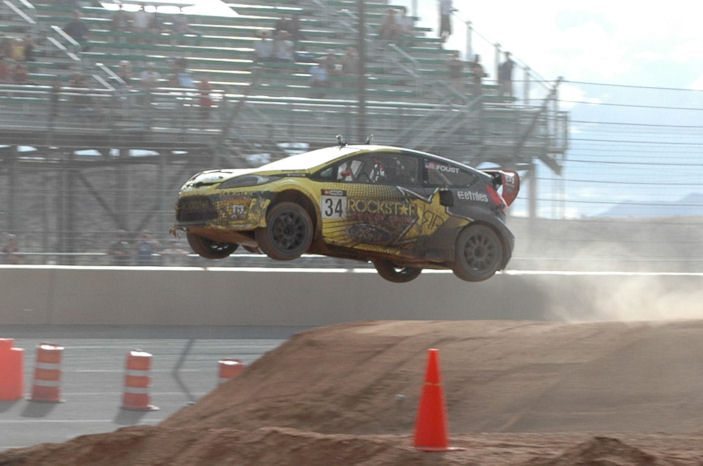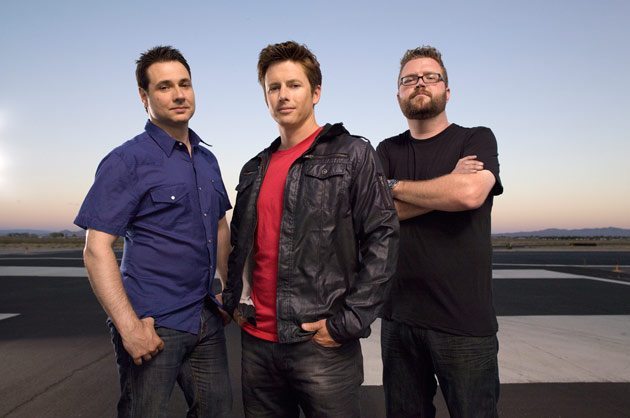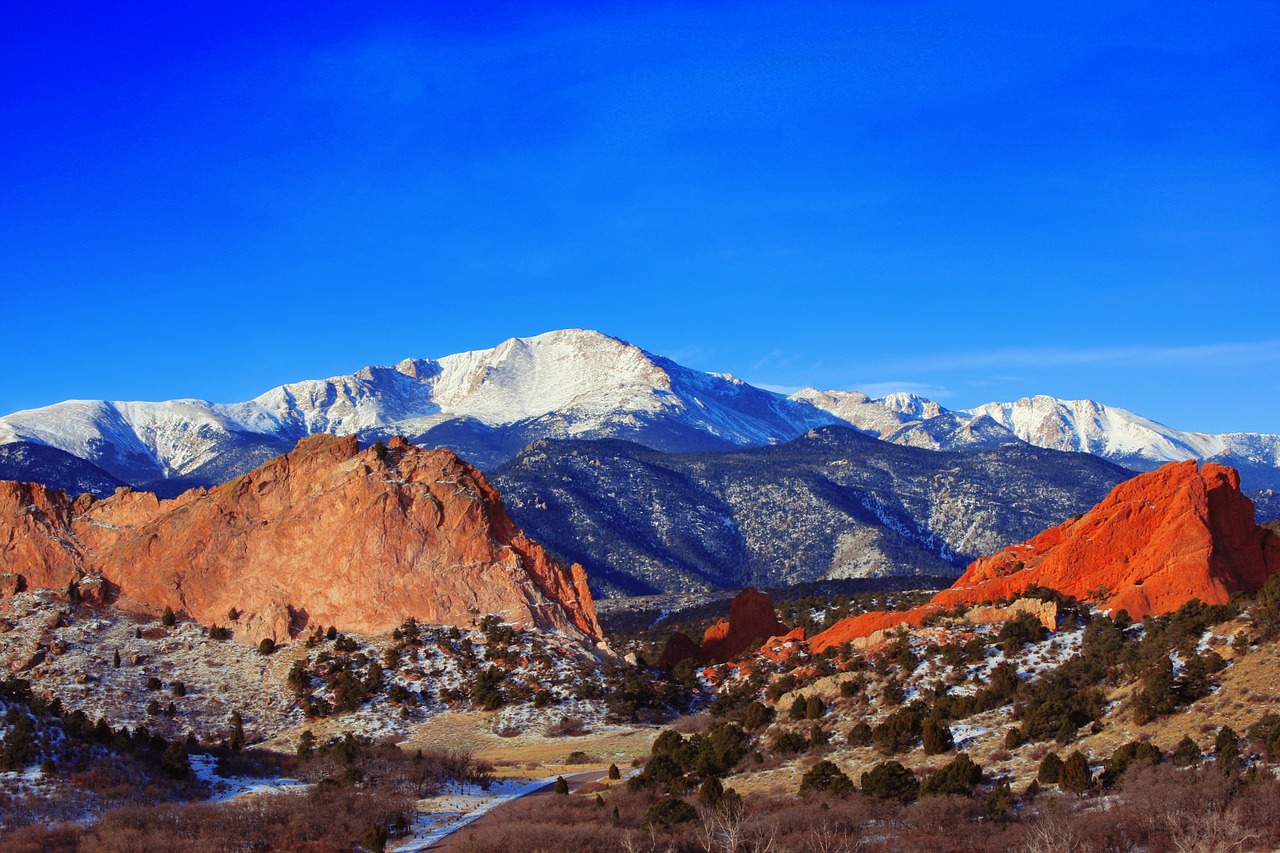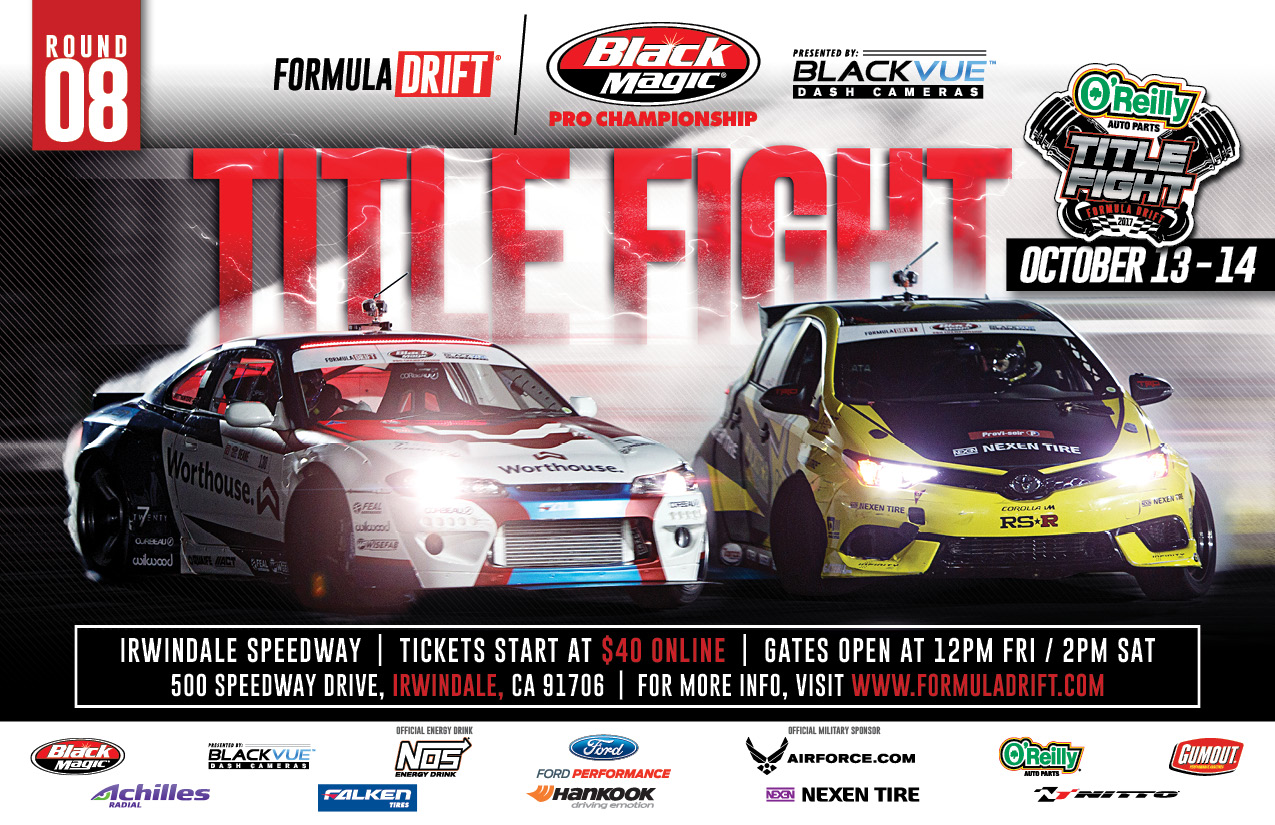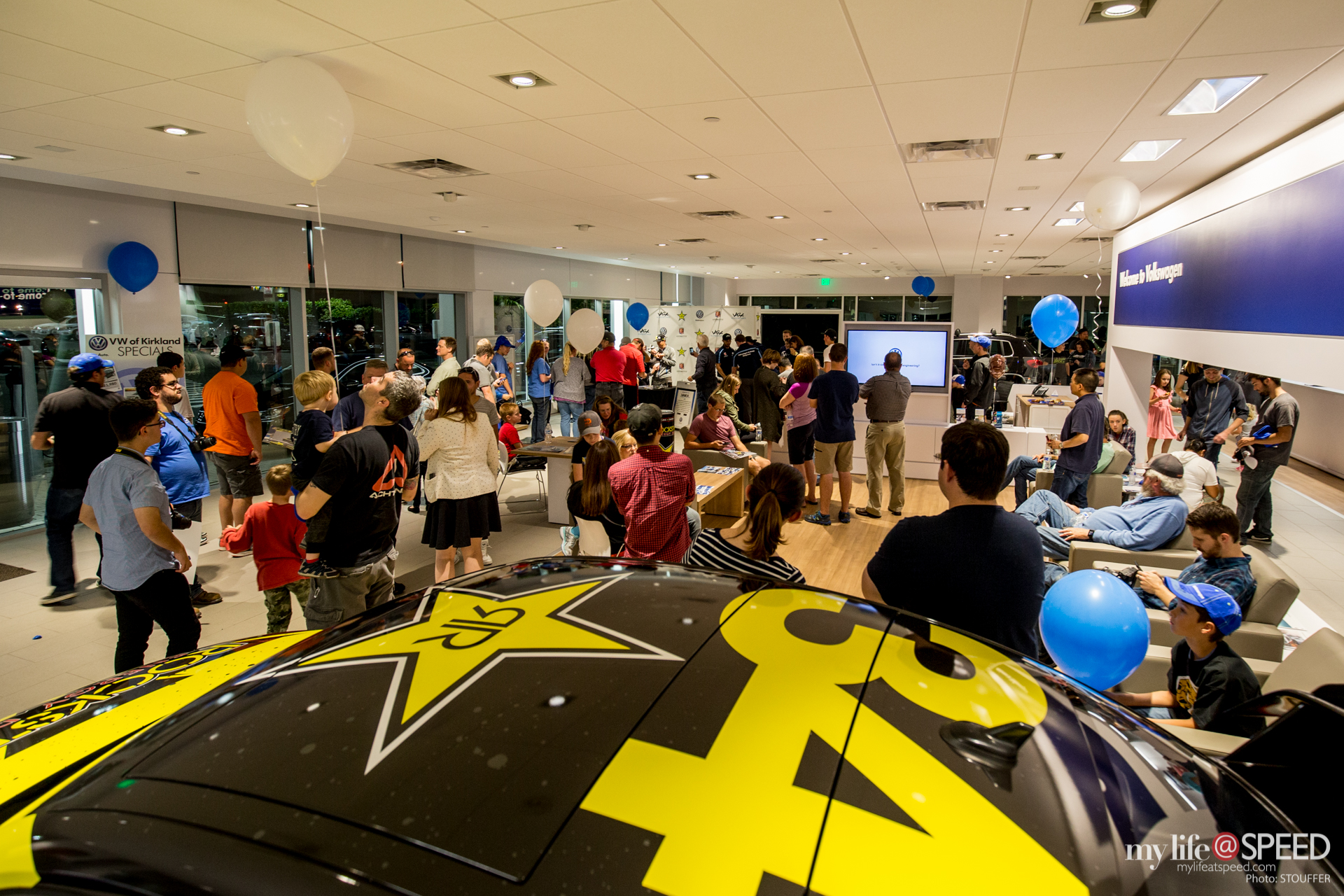Hi Everyone! Here it is. The third and final installment of my first conversation with Racing juggernaut, Tanner Foust. We’ve covered a wide range of topics so far and this segment is no different. I hope you enjoy the conversation and if you do, please let us know by sharing it with your friends.
The hope is that we’ll be able to do more of these with Tanner, as his schedule allows, so that you can get a first hand look at what it’s like for Tanner to live his Life at Speed.
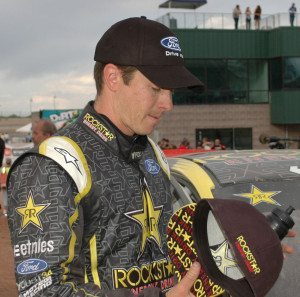 ML@S: You’re doing things with your career that are definitely new. And some of it really seems geared towards a younger crowd. If you look back into motorsports history, it’s not so far off from what our racing heroes were doing 40 and 50 years ago. Meaning, they were always looking for a new record to break, or a new challenge to conquer. The difference seems to be that you have a much greater outlet to share it with everyone. We look at our racing heroes back in the day, when we had household names that we looked up to, and it seems there was a bit of a gap between then and when drivers like you and Ken Block came on the scene. The two of you and others like you, even young guys like Matt Powers, are really doing some great things in motorsports and I feel like we have missed having great American racing heroes. I put you up there because I think it is important for younger drivers and fans to see people like you, who find a genuine passion for it and go out and work hard to do it every day.
ML@S: You’re doing things with your career that are definitely new. And some of it really seems geared towards a younger crowd. If you look back into motorsports history, it’s not so far off from what our racing heroes were doing 40 and 50 years ago. Meaning, they were always looking for a new record to break, or a new challenge to conquer. The difference seems to be that you have a much greater outlet to share it with everyone. We look at our racing heroes back in the day, when we had household names that we looked up to, and it seems there was a bit of a gap between then and when drivers like you and Ken Block came on the scene. The two of you and others like you, even young guys like Matt Powers, are really doing some great things in motorsports and I feel like we have missed having great American racing heroes. I put you up there because I think it is important for younger drivers and fans to see people like you, who find a genuine passion for it and go out and work hard to do it every day.
What do you think about your position as an American in the motorsports world and how do you feel you are influencing a younger generation of drivers?
Tanner: I guess it’s interesting to hear that way. A while back I took a ride around Indianapolis Motor Speedway with Mario Andretti in a two seat Indy car. You go back to guys like Phil Hill and Andretti, and some of these racers in the past that went to Europe and really kicked butt, you know? I really didn’t realize how much of a gap there was until you made me think about it.
I’m doing this European Rallycross, which is not a huge sport, but still I’m really surprised that I’m the first American to ever do this series.
ML@S: Why does that surprise you?
Tanner: Because it’s something a lot of Americans know about. They have seen videos of Volvos and Peugeots bouncing over each other fighting for a line in gravel and pavement. And more recently Marcus Grönholm and Henning Solberg fighting for a line in rallycross cars. But there are not many Americans that compete over in Europe, quite frankly. And I think Ken is one of the more visible guys out there. One, because of his videos, and two, his exposure on video games. Which, you know, the DIRT game is hugely popular over there. So it sounds kind of weird, but yeah you are right, there are not many visible Americans battling it out, globally. Maybe it adds a little pressure, but it also opens the door for us (to race). It’s a little bit of opportunity for American guys, because you can immediately have some sort of media story regardless of what you do. If you do well on the track, that media story compounds and there are a lot of European sponsors that are interested in having exposure in America. That can help you do even more racing in Europe than you could put together in the US, f that makes sense? Well, in a lot of ways, I think the door is more open for a somewhat successful American racer to go race professionally in Europe than here in the states. Especially if you are in the action sports world, and you have a young demographic. The energy drink wave is hitting Europe much later than it did here in the US.
ML@S : With the development of the Global Rallycross series here in the States, do think that will expose younger drivers to some of those opportunities overseas?
Tanner: I certainly hope so. I think that’s part of the goal is for this series to connect everything. Just like when you put a video on the internet is just kind of goes worldwide. I think, hopefully, that’s how the Global Rallycross Championship goes. It’s planting seeds here in the US, and those seeds have been planted in other countries, as well. Hopefully, those dots begin to get connected. There is still a lot of progress that needs to happen for that to work, but rally cars have proven to be a transitional catalyst for action sports athletes.
I first heard Travis Pastrana say “with age comes a cage” and for motocross guys, and even skateboard guys like Bucky Lasek, it makes a lot of sense to keep their sponsors, keep their demographics working and, you know, be able to strap into something with a roll cage and not have to always worry about injury.
ML@S: After a handful of knee surgeries I can certainly relate. It does seem like a natural progression for an action sport athlete to move into a car.
Tanner: It’s part of what’s kept rally racing alive in the US. Rally racing through the forest in America, stage rally, probably has a similar feel to drag racing in England. It’s got a following, but it just never feels like it is going to be huge. It’s just a cultural thing, and I wish that wasn’t necessarily the case. The way rally racing has survived is from action sports athletes, their demographic and their sponsors. I think rallycross is an easy fit for that because it has the excitement you expect from an action sport. It’s easy to watch and the cars are incredibly fast.
ML@S: I was lucky enough to make it to the inaugural event at Irwindale Speedway. I only was able to be there on Friday and still, it was really very cool. Even in the two wheel drive category, I was just blown away by how close the competition was and how fast the competition moves. It was immediately appealing to me. I love cars and I love racing, but I could instantly see where someone who doesn’t love racing can get hooked. It was really entertaining…even more than I expected.
Tanner: Yeah, and that was like 18 cars total. The last event I did in France was over 100 cars. Forty-one cars just in the supercar class; and in qualifying, the first 22 cars were within one second of each other. It was staggering just how close it is. You know everybody I talk to, you included, say how exciting Irwindale was and it’s great to hear. But I would love to take you to one of the European rounds and show you what it could be. That’s the goal…that’s where I am hoping this racing goes in the US. It’s absolutely amazing when there are six cars that are literally bumper to bumper all the way around and one little miss-shift, or one little hiccup, will put you all the way to the back of the pack. So competitive, so tight, and the cars are wickedly fast.
ML@S: I would really love to see that sometime. I think it would be a great thing to witness. One of these days I’ll get lucky enough to make it over to Europe and see one in person. Let’s talk about your win in Portugal, and what I was mentioning about having real American racing heroes. I’ve heard the company line, and I’ve heard what you said in interviews after winning that race. And I think what I am more curious about, and what your fans might be more curious about, is what’s it feels like to stand on the top of that podium and take in that moment and know that you’re the first American to ever do that.
Tanner: I was really proud about to be the first American to win. I was. The cool thing was, the European guys were super happy about it, too. They were so ecstatic, I mean I don’t know about the other racers, but the organizers, and anybody who didn’t own a helmet was really into it. The fans were, too. They’re so excited to see someone other than the Scandinavians winning the races. I think that is what it was about. (laughs) They had a Russian in second place, an American in first place and it was the youngest podium they had ever had. And I think that all breathes new life into the sport for them. You know they are so result based, so much marketing based and so much more results based.
So, the way you earn points is not by showing up with a big truck and a really well-prepped car, and a good team – it’s as simple as, you finish, and you earn points towards the championship. So it was cool. You know, it didn’t really sink in until I was heading home. I was in Portugal, then back to L.A. for a day and a half, and then back to France straight from there, so I didn’t have a lot of time to think about it.
ML@S: Tell me about the emotions that come with a win like that.
Tanner: There certainly is a feeling of pride and accomplishment. I think any racer you talk to, doesn’t really dwell on that…that particular feeling. If you’re ever complacent, or satisfied, then it instantly feels like a disadvantage. It feels like somebody else, who is slightly more hungry, will pass you by. So yeah, there was a good toast with the team, and you know, the team is that same way; hungry for the next win. So, a good toast, good night of celebrating, and then people are hard at work for the next one.
ML@S: Do you feel that win fueled the fire even more for you and made winning even more important?
Tanner: Yeah, the win definitely did.
ML@S: You feel that swell of pride, you feel really good about your accomplishment, but then it immediately turns to “How do we do this again?”.
Tanner– Absolutely! That’s absolutely the case. You know, when you’re coming in and haven’t had a win before, and you’re constantly changing things on the car…and these cars are rubber bands that are stretched really, really, really tight. So things break, you are constantly trying to figure out how to make them last, constantly trying to figure out how to balance them. The pressure is on everybody. The whole team had the win. It wasn’t just me as the driver. So when you bang that first one off, yeah, you just get a genuine appetite for it. It’s such a huge morale booster. The team is just cranking towards the next one. It’s great. You know, ultimately, it’s the reason we’re all doing this. Yeah, everybody is making money on it in some way or another, hopefully. But that’s not why we are there. That’s not why we left friends and family for virtually every weekend of the year, it’s the competition. It’s the drive, to figure out things faster than the next guy. And that hunger gets fueled even more when you have a little bit of success.
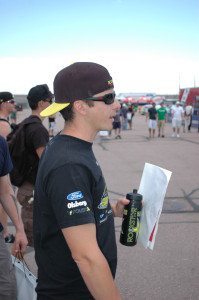 ML@S: Is it still fun for you? Is it still fun to getting up every day and doing what you do? Or does it feel like a job now?
ML@S: Is it still fun for you? Is it still fun to getting up every day and doing what you do? Or does it feel like a job now?
Tanner: Some parts of the job are easier than others. But still…I still have to pinch myself on the ridiculousness of how fortunate I am to make a living with a steering wheel. I would never, and I try to keep it to myself generally…I would never tell too many people…but I would do virtually every part of this job for free….and that’s a crazy thing to say! Now I’m sure the IRS will track me down, call it a hobby and go through a whole big explanation about my career! But, it’s a fact. You talk to just about anybody in the industry and they’ll tell you it’s kind of like that…..some things are more “vacation-y” than others, like the Hot Wheels jump [at Indianapolis]. I swear, that whole week felt like just one big vacation. Then there are some weeks when you have some mechanical problems while you’re racing, and you’re really pulling through it, and the weekend stretches itself out pretty long – so, it ebbs and flows. Ultimately it is all very rewarding, especially in this economy. The fact we even have jobs and the fact that we get to have a job that’s also a hobby, is awesome.
ML@S: That’s very cool. I think my biggest fear is talking to one of my racing heroes and finding out that “Oh man, it’s been a job since day two.” As hard as you work at it and as much you travel, for many of us it seems like, “What a great life!” People might also think, “Wow, what a beat down.” To hear that there is still some real passion for it, is comforting. I think for a lot of us, who it is just a hobby for and who don’t get to race professionally, we want to know it is still fun.
Tanner: It is. Sometimes there is a fine line between being professional and having fun. So there is a balance there that you have to walk. You know you have people on the team who need to know you are serious, and it’s not just a “club med” thing. Because for them it may be very serious and they what to know you’re on the same level. These are awesome toys we get to play with and somehow my business plan starting from playing around on the ice, has turned into driving the snot out of other people’s cars. The race cars are owned by the team. The TV shows that I host…I’ve done 4 or 5 different shows and they all pretty much have had the same premise of just beating the tar out of other peoples cars. Who, strangely, really beg to have their cars ridden hard.
ML@S: It sounds like a very freeing experience. The whole way up the Pikes Peak every year, all I’m thinking about is “Please, please let me stay on the racing surface.” I know if I go off that’s it. I have no spares. We don’t even have spare tires…no spare wheels, and if we even get a flat, we’re done for the week. We’re on that thin of budget. So that must be a very freeing experience to get in somebody else’s car and have them say “Here…go hose it up.”
Tanner: Yeah, but you may not have all the spares all the time, even when it is someone else’s car…you’ve still got to take care of it. There is maybe some guilt associated if something goes wrong. But fundamentally it’s therapeutic.
ML@S: Therapeutic? In what way?
Tanner: There was one movie I worked on which didn’t come out, though it may still…it was a remake of Red Dawn. Something happened with the production company, or whatever. It stars the guy from Thor, Chris Hemmingsworth, and I doubled for him, kind of strange, because he’s like a 6 foot 6, huge body builder and I…am clearly not. I was driving this old pickup truck with these paratroopers dropping out of the sky with machine guns. I was bashing through these people’s neighborhoods. Through fences, through their playground sets, sliding around their swimming pools, shredding their lawns, rose bushes, small trees…whatever. I had this reinforced truck, with mud tires and a good emergency brake. And it was like, it was a real stressful time of the year, I’d been working 7 days a week for like 6 months.
It couldn’t have been a more healthy experience for me driving this truck. It was absolute therapy. It was anger management, it was stress relief it was everything and it was tailored for me. If I had some sort of a perfect vacation, it wouldn’t be on a beach in Tahiti or anything like that. It would be somebody giving me a beat up truck reinforced for impact and just letting me bash through lawn after lawn, fence after fence, playground set after playground set, with sh*t flying everywhere. Then, just give it to them wet and head back to the hotel.
ML@S: That sounds like great day!
Tanner: Oh my gosh for three weeks straight, it was just awesome! I was like Ghandi at the end of that trip. I was at peace with the world. It was really, really fabulous. So you know you go through a lot of figuring out what makes you tick. I’ve just been fortunate to be able take a lot of my aggressions out that way. That’s why I never experience road rage because I get to vent on other peoples cars all day long.
**This conversation took place before the second season of Top Gear began.
ML@S: You guys are in the process of shooting your next season of Top Gear. When the first season came out, I was probably looking at a dozen blogs and other forums and there was some criticism. Everybody seemed to be expecting the British version. I’m curious, when you see that kind of thing, and you know what people’s expectations are, what kind of decisions do you get to throw into the mix to help drive it in a certain direction? Or do you get that creative freedom at all on the show?
Tanner: I do have input creatively. There are people that are more “vision versed” than I am, and that are in control of those sorts of things with the show. You have to trust them at some point. My focus is typically elsewhere. I can’t devote as much time or energy as those people can to that sort of thing. So there’s a level of trust there. I think the fact the show is called Top Gear when it came out was its best and worst attribute, you know? It had a huge amount of branding, of course, worldwide when it came out because of the name. It also had a huge amount of expectation. Ultimately, there is progression through the series – 60 million people watched the first season of 10 episodes and it was by far the youngest demographics the History Channel has ever had, with a mean age of around 33.
We’re about halfway through the second season and I understand, more now, all of the things the UK guys were telling us about the importance of knowing the hosts. This was a disadvantage (for us) by not really knowing each other very well in the first season. Now, Rutledge drives me up the wall in the first three hours of hanging out with him. I have plenty of things to talk about, and vice versa. You know there are some just, annoying things about your friends, but you still love them because they are your friends. Rutledge, Adam and I have developed a strong friendship, but there are just some things that bug the crap out of me about both of them! And, I am sure, I bug the crap out of them in how competitive I am and all the things that make me who I am. It’s been fun to explore that and take it to new levels and this year we do have more creative control. Season two should be out this summer.
ML@S: I am really looking forward to it. I think probably the greatest thing I saw from season one is that, like the British version, it is incredibly well shot. You look at it and it is poetry on film…it’s beautiful to look at. The awesome filming seems to be, as big part of the American version as well. It’s great to look at, and it must be satisfying to see that. We’re excited to see what you guys are going to do this year as well how much you are going to make it your own as opposed to the British version.
Tanner: I think what makes certain motorsports, new ones anyway, successful in the States is how quickly you can learn the rules. With X-Games, the ratings are always higher on the sports where you can flip the channel and in a half a second know the point of the sport. Versus the ones where you have to learn the names of the tricks, how it all works, etcetera. The format with Top Gear is one that is fairly convoluted and successful, but something we have grown accustomed to.
I think it will take a little bit of time to for the American public to become accustomed to the whole, “Big Star, Small Car”, and learning what The Stig is all about, etc. There is a learning curve. It’s just nice that the History Channel is patient enough to deal with all of that. They allow us the time to get to know each other and change the chemistry of the show, effect it and make it our own. They don’t expect somebody to be Hammond, somebody to be James, etc. We’re allowed to be ourselves. Thank goodness, because we are not actors, at least I’m not. And so it’s critical to me, that they let us do things on the first take. Having worked on the British show as a driver, I know that on that show the cameras basically follow those three around doing the challenges. Those three don’t follow the camera around. We’re moving towards that here. It is beautiful to see on TV. There is just isn’t another car show in the US that has the budget, resources and the people involved to make it look like that. We have our SPEED channel shows which tell a cool story sometimes, but they don’t have the resources to make things so beautiful on screen like Top Gear does.
ML@S: Thanks Tanner. I hope we can do this again soon.
Tanner: Thank you!

